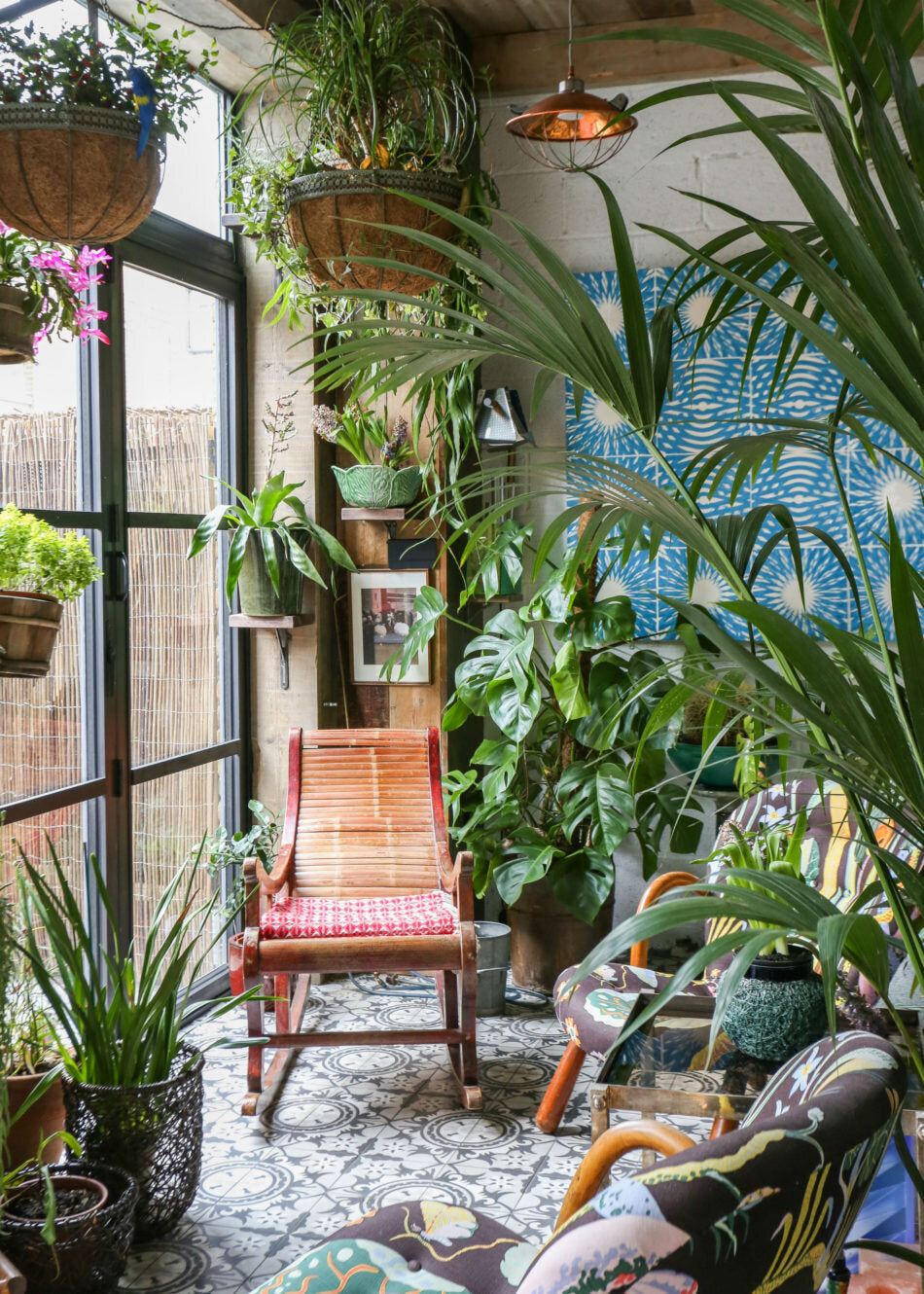
Growing Organically: The Green Path to Indoor Planting and Herb Gardening
Share
When it comes to indoor gardening and nurturing your indoor herb garden, choosing organic methods is a rewarding and environmentally conscious approach. In this blog post, we'll explore the art of growing organically indoors and delve into the numerous benefits it brings. Discover why organic indoor planting and herb gardening can transform your living space into a healthier and more sustainable oasis.
The Power of Organic Indoor Gardening: Why Go Green
Embracing organic methods for your indoor garden isn't just a trend; it's a lifestyle choice with numerous advantages:
-
Healthy Plants, Healthy You: Organic practices promote plant health without the use of synthetic chemicals. The result is cleaner air and a healthier environment for you and your family.
-
Sustainable and Eco-Friendly: Organic gardening minimizes environmental impact by avoiding the use of harmful pesticides and synthetic fertilizers. This reduces pollution and conserves biodiversity.
-
Nutrient-Rich Soil: Organic soil amendments, like compost and worm castings, enrich the soil with essential nutrients, creating a thriving ecosystem for your indoor plants.
-
No Harmful Residues: Organic produce doesn't contain harmful chemical residues, ensuring that your homegrown herbs and plants are safe to consume.
Organic Indoor Planting: How to Do It Right
Here's how to grow organically indoors and create a vibrant, sustainable indoor garden:
-
Choose Organic Seeds and Plants: Start with organic seeds and plants to ensure your indoor garden is free from chemical residues from the beginning.
-
Organic Soil Mix: Use organic potting soil or create your mix by adding compost or worm castings to your soil. This provides a nutrient-rich foundation for your plants.
-
Natural Pest Control: Opt for natural pest control methods, such as introducing beneficial insects or using neem oil to combat common indoor garden pests.
-
Chemical-Free Fertilizers: Organic fertilizers, like seaweed extract or fish emulsion, provide the necessary nutrients without synthetic chemicals.
Growing Organically in Your Indoor Herb Garden
An indoor herb garden is a perfect place to embrace organic practices. Here's how:
-
No Synthetic Herbicides: Avoid herbicides by pulling weeds by hand or using organic mulch to suppress their growth.
-
Fresh, Organic Herbs: Cultivate fresh, organic herbs that are free from synthetic pesticides and herbicides, ensuring your dishes are delicious and healthy.
-
Regular Pruning: Prune your herbs regularly to encourage healthy growth and ensure a bountiful harvest.
The Joy of Going Green: Organic Houseplants and Indoor Greenhouses
Embrace organic methods with your houseplants and indoor greenhouse:
-
Natural Pest Control: Use biological control methods and natural solutions to combat pests that might infest your indoor garden.
-
Organic Soil Amendments: Continue to enrich your soil with organic amendments, such as compost and worm castings, to maintain a healthy and thriving indoor garden.
-
Chemical-Free Climate Control: Implement eco-friendly and energy-efficient climate control solutions within your indoor greenhouse.
Growing organically indoors offers a path to a healthier, more sustainable, and environmentally friendly indoor garden. Embrace the benefits of organic practices, whether you're planting indoor plants, cultivating an indoor herb garden, or maintaining houseplants and indoor greenhouses. Going green isn't just a choice; it's a journey towards a more vibrant and eco-conscious indoor garden that enriches your life and supports a greener future.
Click Here for Organic Products to Use in Your Garden!
